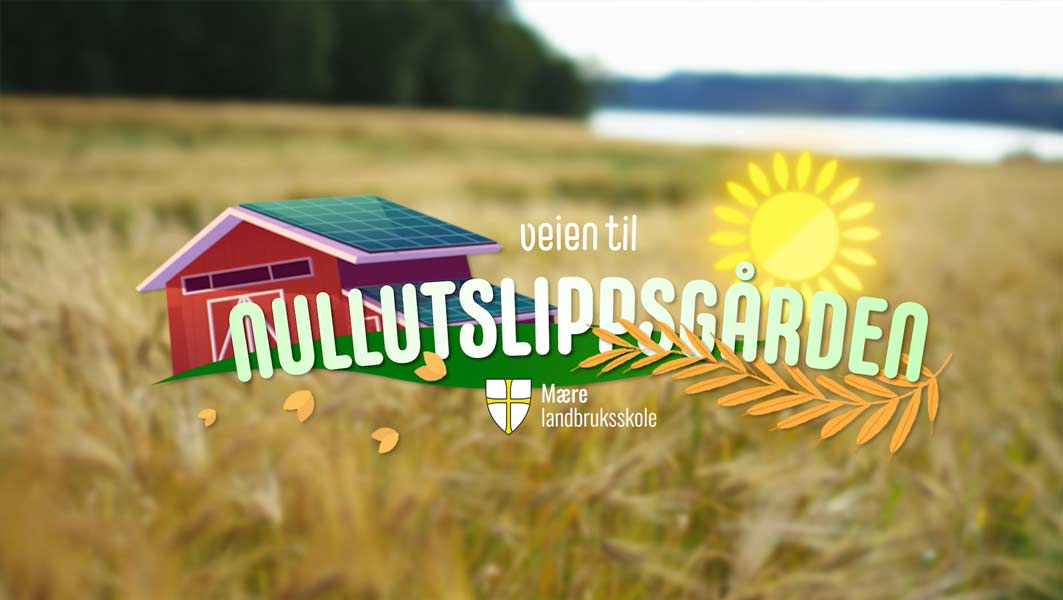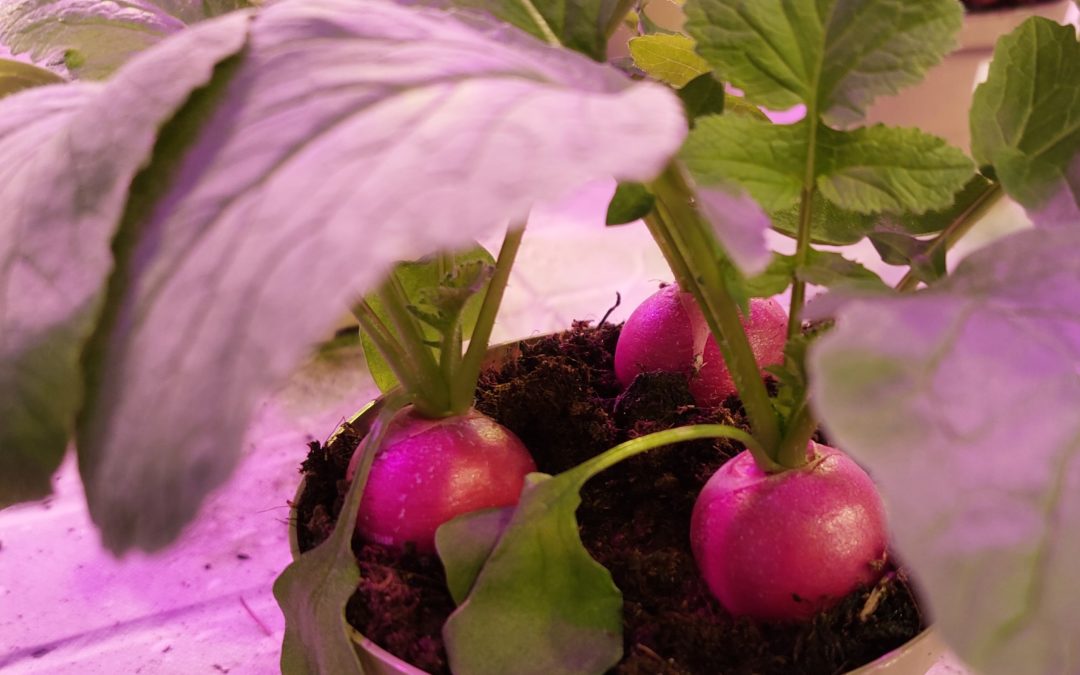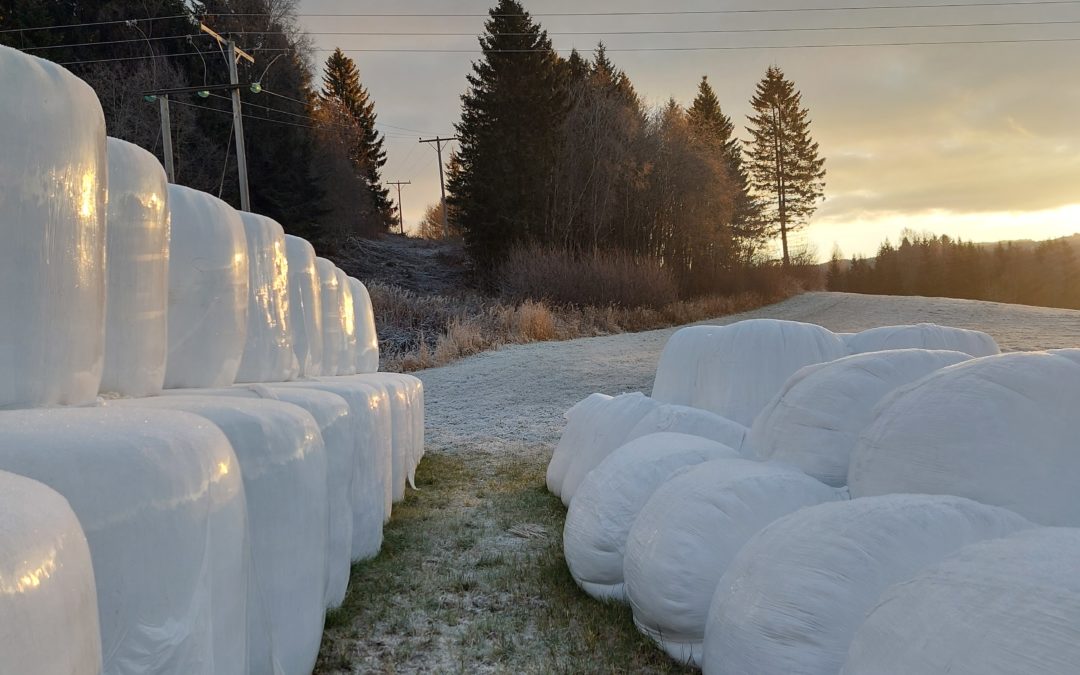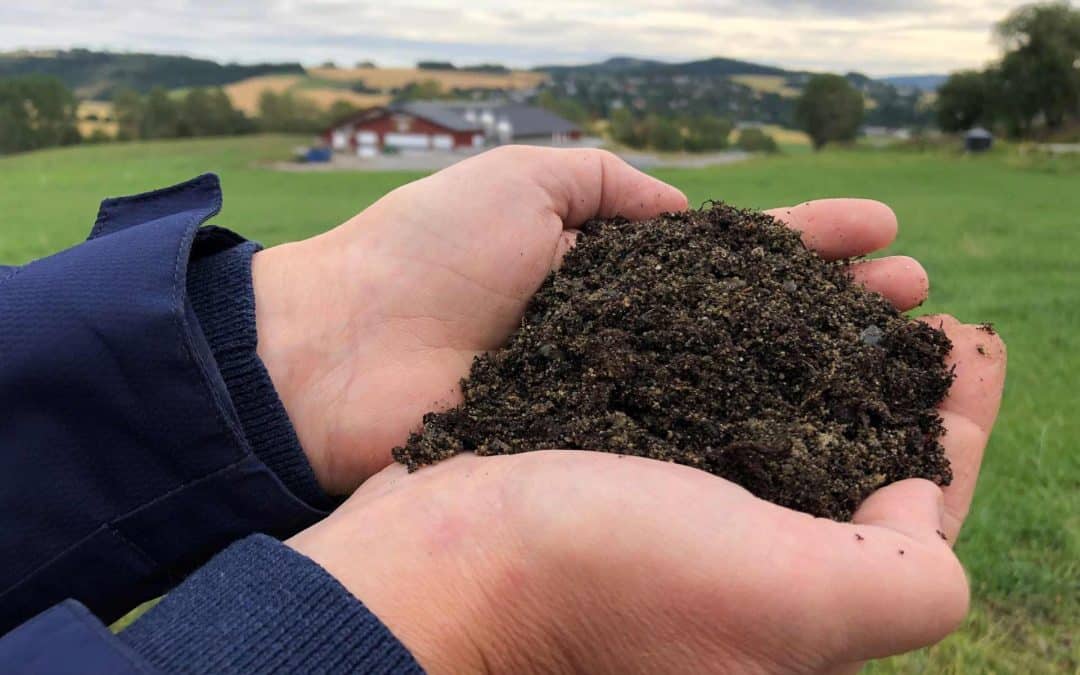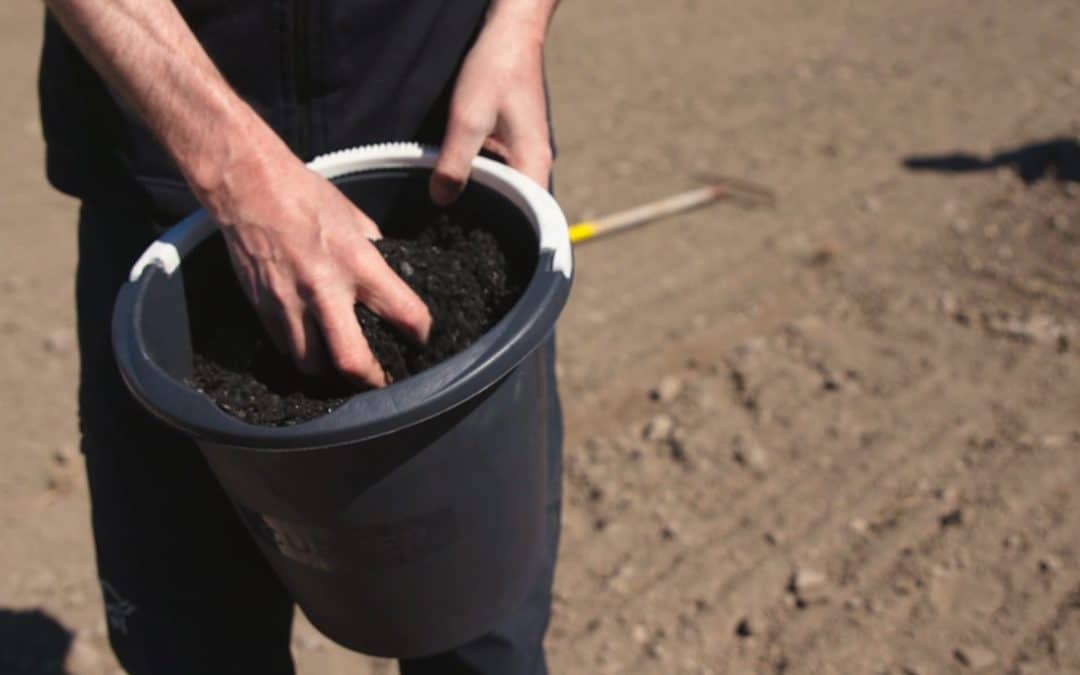
by Tove Hatling Jystad | Apr 3, 2024 | Energy measures, Front page, The climate game, The zero emission farm
How can I as a farmer reduce climate emissions from my farm? Finding practical and profitable ways to reduce climate emissions can be challenging. We are now working to develop a climate game where you can create your own plan for climate measures on the farm. Hear more about...

by Tove Hatling Jystad | Mar 19, 2024 | Biochar, Front page, Green plants, Carbon storage, The zero emission farm
In the greenhouse at Mære agricultural school, very special radishes and spinach are harvested. The reason why the radishes and spinach are special is because the soil in which they have grown has been supplemented with different types and amounts of biochar. Here we have made biochar from seaweed,...

by Tove Hatling Jystad | December 12, 2023 | Domestic animals, The zero emission farm
We wanted to learn more about the difference in greenhouse gas emissions between round bales and flat silos. To find an answer, we have asked our partner SINTEF to make calculations for the flat silo at Mære and compare this with the corresponding amount of round bales. The concise...

by Tove Hatling Jystad | Mar 25, 2023 | Biochar, Author bio, Carbon storage
Some of the country's leading researchers on soil carbon, soil microbes and biochar were presenters at the webinar The secrets of soil carbon - about carbon sequestration, biochar and R&D on 3 June 2020. We wanted to show what we know and what we don't know about how we can sequester more.. .

by Tove Hatling Jystad | Mar 25, 2023 | Author bio, Carbon storage
In the brochure Our soil and carbon storage, we will take a closer look at the organic material in the soil, and the importance it has for building up a fertile soil. Increased carbon storage in agricultural soil is considered an important climate measure both nationally and internationally. Increase in...